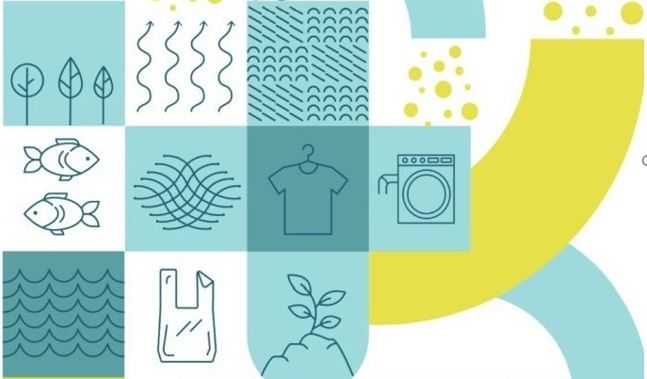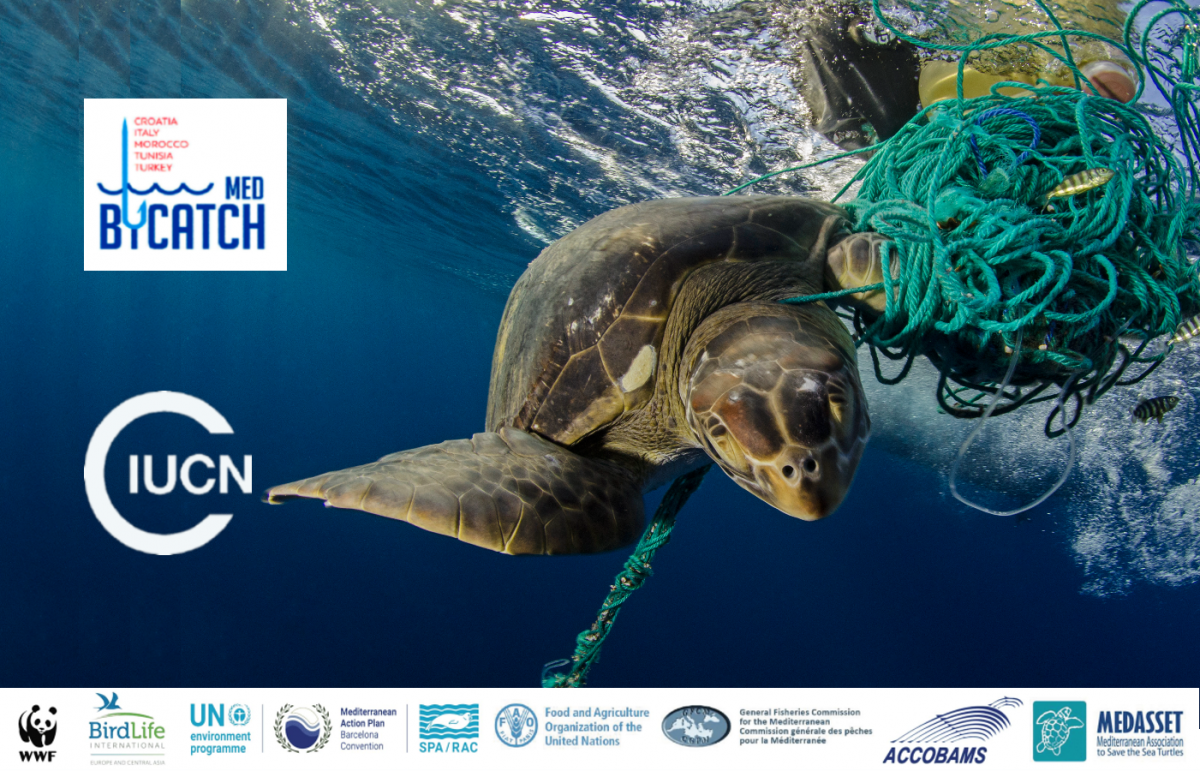The Plastic Leak Project publishes first standardised guidelines to measure plastic pollution in corporate value chains
Lausanne, Switzerland -- The first standardised methodology to map, measure and forecast plastic leakage across corporate value chains was released this week by the Plastic Leak Project, a multistakeholder partnership led by the sustainability consulting group Quantis and ecodesign centre EA, with 35 public, private and scientific organisations, including IUCN.

Photo: Quantis & ea
Plastic leakage is the potential amount of macro- and microplastics that are not kept in a circular loop or properly managed at their end-of-life, and thus leak into the environment. The Plastic Leak Project (PLP) guidelines allow companies to move from commitment to science-based plastic strategies and meaningful actions on addressing plastic pollution.
Developed for companies, the PLP guidelines provide businesses at all stages of the value chain with a robust, standardized method for calculating and reporting estimates of plastic and microplastic leakage at both the corporate and product level. Based on a leading-edge life cycle assessment approach, the guidelines lay out the sources and pathways of plastic leakage across the globe.
“Until now, the focus has been on sounding the alarm on the plastics crisis," said Gerard Bos, Director of IUCN's Business and Biodiversity Programme. "The time has come for collective action and metrics-based decision-making to drastically reduce plastic pollution.”
The Plastic Leak Project was launched in 2019 by Quantis and EA to develop smart metrics for businesses to use to build meaningful corporate strategies to tackle plastic pollution. It brings together stakeholders from across the plastics value chain, representing a diversity of expertise and industries: Adidas, ArlaFoods, Braskem, CITEO, Cotton Incorporated, Cyclos, Decathlon, DOW, Eastman, Enel X, European Bioplastics, European Tyre & Rubber Manufacturers’ Association, International Wool Textile Organization, Mars, Incorporated, McDonald's Corporation, PlasticsEurope, RadiciGroup, Sympatex Technologies and The Woolmark Company.
The Project’s strategic committee is comprised of IUCN, the Life Cycle Initiative, the United Nations Environment Programme, and the World Business Council For Sustainable Development. The advisory board includes, among others, experts from CIRAIG, European Commission Joint Research Centre, Massachusetts Institute of Technology, National Geographic Society and WWF.
Read the full press statement here.



